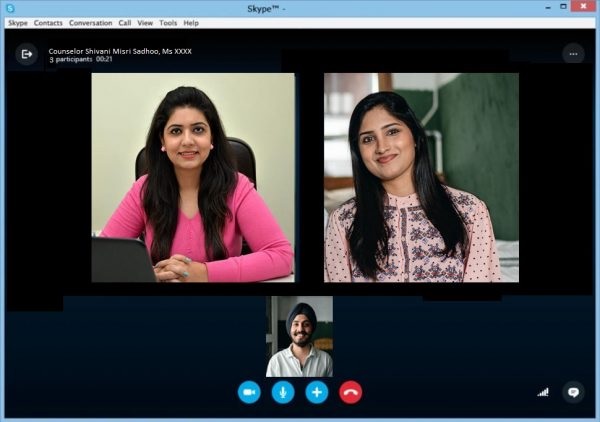Have you ever found yourself on a first date, heart racing, palms sweating, desperately wishing for an escape route in case it all goes south? It’s a rite of passage in the world of dating, where both parties are often teetering on the edge of excitement and anxiety, wondering if this encounter will lead to something magical or just another story to laugh about later. First dates can be tricky. What works for you may not work for the other person.
What do women really want or expect on their first dates?
Shivani Misri Sadhoo, the leading relationship counsellor and couples therapist in Delhi, is here to guide you with those little things that single women want on a first date.
Punctuality – Punctuality on a first date speaks volumes about your character and consideration. Arriving on time demonstrates respect for her schedule and shows maturity and responsibility. It conveys your value for the date and sets a positive tone. Conversely, being late can start things off poorly. Communicating any delays or emergencies promptly showcases courtesy and thoughtfulness, reinforcing your respect for her time.
Honest Conversation – On a first date, single women seek authentic conversations because they want to truly understand their date. They crave depth beyond rehearsed lines, desiring genuine connections that reveal the person’s essence. Meaningful discussions, where both parties share openly and listen attentively, allow them to assess compatibility and determine if they want to pursue the relationship further. It’s about understanding each other on a deeper level.
Being Polite – How would you feel if someone you’re meeting for the first time forgets basic manners? Probably not great, right? Well, women appreciate politeness because it shows respect and consideration. Small gestures like holding doors open or chewing with your mouth closed make a big difference. Plus, avoiding gross or inappropriate topics shows you’re mindful of her comfort and boundaries.
Avoid Staring at Your Phone Always – One of the banes of dating in a digital era is the constant urge to check social media notifications, no matter where you are! But, if you’re constantly glued to your gadgets on the first date, it sends a signal that you’re not fully present and excited about meeting someone new. The thrill of a first date lies in the anticipation and getting to know each other.
If your attention is elsewhere, it’s like saying, “You’re not that important.” Nobody wants to feel ignored or disrespected, especially on a first date where the goal is to connect. Unless it’s an emergency, keeping your face buried in your phone sends the wrong message—it’s a surefire way to kill the vibe and potentially ruin what could’ve been a great conversation.
No Fake Compliments – It goes without saying that on a first date, women seek genuine compliments that come from the heart. They don’t want to feel like someone’s just throwing out empty words to impress them. When they sense insincerity, it makes them feel like their autonomy and boundaries are being compromised, especially if they feel their safety is at risk.
Instead of just sweet-talking, showing sincere interest and affection by complimenting traits that truly matter to you, like her smile, hair, or outfit, can go a long way. If you’re going to call her beautiful, make sure you truly mean it—it’s the sincerity that counts.
Simple and Smart – Women appreciate simplicity and intelligence on first dates. Genuine conversation, thoughtfulness, and sincerity are valued over extravagant displays. Overconfidence and insincerity are major turn-offs, creating discomfort.
Authenticity is key; any hint of pretence disrupts the atmosphere. It’s about feeling relaxed and comfortable, not impressed by theatrics. Simple gestures make for memorable and positive experiences, setting the stage for genuine connections.
While it is true that first dates can be nerve-wracking, focusing on punctuality, genuine conversation, politeness, presence, sincerity in compliments, and simplicity sets the stage for a meaningful connection, fostering mutual respect and understanding.










